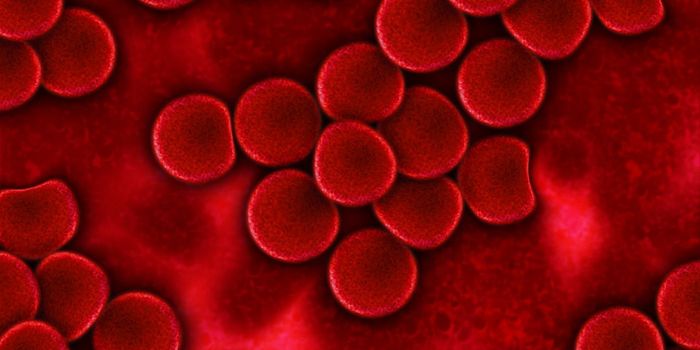How is mole growth really associated to skin cancer?
New research published in the journal eLife questions the way we think about skin cancer. Focused on mole growth, the study suggests that moles stop growing because of normal cellular reactions, despite having or not having cancer-associated gene mutations.
The study was conducted in mice models that looked at how the BRAF gene influences the growth of skin cancer. Recent investigations have provided evidence that BRAF gene mutations, while responsible for the formation of pigmented moles, do not frequently cause skin cancer.
In fact, says the research team, 90% of moles have these cancer-linked mutations but never form tumors. "Exploring why moles stop growing might lead us to a better understanding of what goes wrong in skin cancer," says lead author Roland Ruiz-Vega, who is a postdoctoral researcher at the University of California, Irvine, US.
In conducting their study, the team analyzed oncogene-induced senescence (OIS) using single-cell RNA sequencing. They compared mole cells with normal skin cells, ultimately showing that they found that moles are in fact not more senescent than normal skin cells, they just stop growing.
The cells also did not show any apparent differences in gene expression that would suggest OIS influences, nor did computer modelling of mole growth did not support the idea of OIS. On the contrary, the models showed that mole cells, like many other tissues, actually communicate with each other when moles reach a certain size and stop growing.

The researchers hope their findings help to develop new ways to prevent skin cancer growth.
"Our results suggest that moles stop growing as a result of normal cell-to-cell communication, not as a response to stress from cancer genes, potentially changing the way we think about skin cancer," explains senior author Arthur Lander, Director of the Center for Complex Biological Systems, and Donald Bren Professor of Developmental and Cell Biology, at the University of California, Irvine. "This work paves the way for further research into the mechanisms that control skin cell growth, with the aim of better understanding what goes wrong to cause skin cancer and ultimately developing new treatments to help prevent the disease."
Sources: eLife, Science Daily








